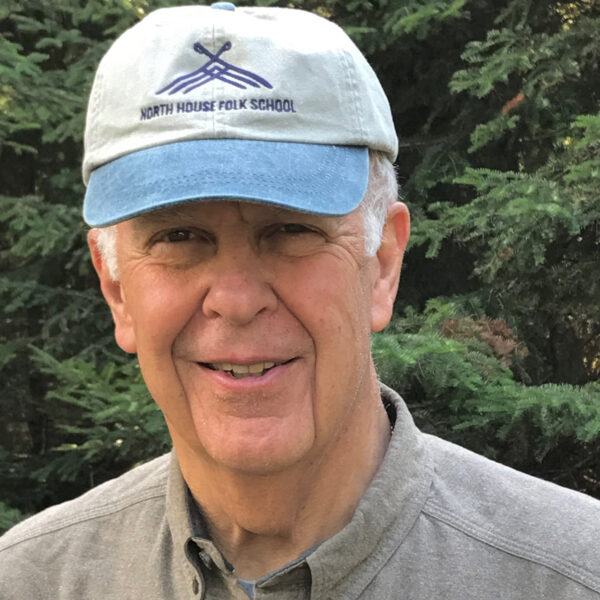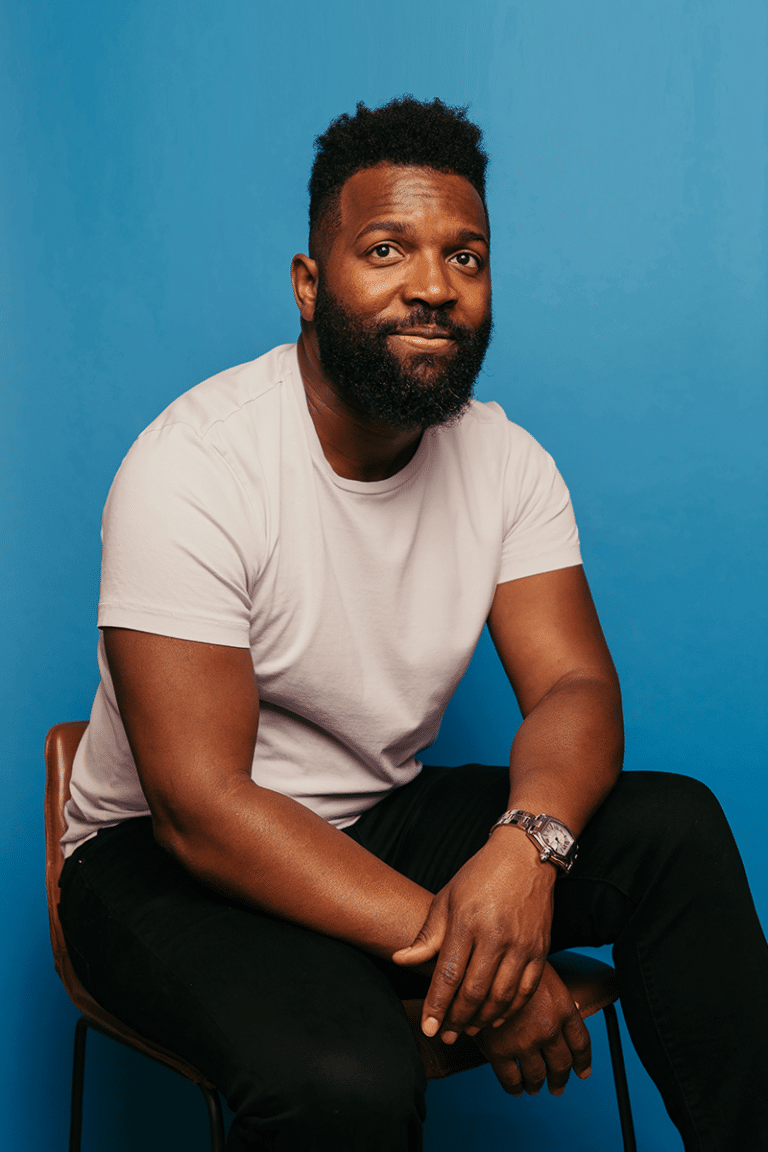
Image by Roberta Tancredi/Flickr, Attribution-NonCommercial-NoDerivs.
Fierce with Reality: Living and Loving Well to the End
You need only claim the events of your life to make yourself yours. When you truly possess all you have been and done…you are fierce with reality.
—Florida Scott-Maxwell, The Measure of My Days
Florida Scott-Maxwell was 85 when she wrote those words. I first read them when I was half her age, but I knew she was speaking directly to me.
At age 43, I was succeeding and failing as a husband and a father on a daily basis, had done battle with the evils of racism as a community organizer while ignoring the cocoon of white privilege that protected me from them, was alternately laid low and energized by the rejections I received en route to becoming a writer, and had drowned and then surfaced from my first deep-sea dive into clinical depression. I was, in short, a reasonably normal person: a complex and conflicted soul who yearned to be whole.
I wanted a life of personal fulfillment that served others well — a life of love of self and others — and I knew that getting there would require me to be “fierce with reality.” But I devoutly wished for an easier path than the one Scott-Maxwell recommends! At age 43, I didn’t have the courage required to “truly possess all [I had] been and done.”
Today, at age 76, I know Scott-Maxwell got it right: there are no short-cuts to wholeness. The only way to become whole is to put our arms lovingly around everything we’ve shown ourselves to be: self-serving and generous, spiteful and compassionate, cowardly and courageous, treacherous and trustworthy. We must be able to say to ourselves and to the world at large, “I am all of the above.” If we can’t embrace the whole of who we are — embrace it with transformative love — we’ll imprison the creative energies hidden in our own shadows and flee from the world’s complex mix of shadow and light.
Of course, naming, claiming, and loving the whole of who we are is easier said than done: honest self-examination is a well-known source of human misery! Yet the alternative is more painful still. In Erik Erikson’s scheme of adult development, he argues that if we can’t accept all that we’ve been and done, we’ll age away from “integrity” toward “despair.”
As I look around at my age-mates in late midlife and beyond, it’s not hard to witness despair and its sad consequences. Some consequences are personal, as people who try to deny their inner darkness carry resentment in their hearts and leave it in their wake. Some consequences are political, as people who fear whatever feels alien in themselves project their fear on “the alien other” — while shameless politicians cynically manipulate that fear to play the divide-and-conquer game.
But if we are willing to move through the pain of honest self-examination toward the grace of compassionate self-acceptance, the rewards are great. When we can say, “I am all of the above,” we become more at ease in our own skin, more at home on the face of this richly diverse earth, more accepting of others who are no more or less flawed than we are, and better able to live as life-givers to the end of our days.
How can we learn to embrace with love the whole of who we are — a task that need not and should not await our elder years? Of course there are tried-and-true aids such as meditation, journaling and therapy, all of which have been helpful to me. Here are three others that I’ve found equally helpful, sometimes even more:
- Spend as much time as you can experiencing the natural world. Nature constantly reminds me that everything has a place, that nothing need be excluded. That “mess” on the forest floor — like the mess in my own life — has an amazing harmony and hidden wholeness to it.
- Move toward, not away from, whatever you fear. I try to remember the advice I was given on an Outward Bound course when I froze with fear on a rock face in the middle of a one-hundred-foot rappel: “If you can’t get out of it, get into it!” If, for example, you fear diversity, get to know “the other’s” story face-to-face and watch your fear shrink as your empathy expands.
- Reach out to the younger generation—not to advise them but to learn from them, gain energy from them, and support them on their way. That’s a life-enhancing act that Erik Erikson called “generativity,” an alternative to the “stagnation” of age that sooner or later leads to despair.
Wholeness is the goal, but wholeness does not mean perfection. It means embracing brokenness as an integral part of life. The sooner we understand this, the better. It’s a truth that can set us free to live well, to love well and, in the end, to die well.
I can’t think of a sadder way to die than with the knowledge that I never showed up in this world as who I really am. I can’t think of a more graced way to die than with the knowledge that, as best I knew how, I showed up here as my true self — able to engage the world in freedom and with love because I had become fierce with reality.

Here’s a May Sarton poem about the journey toward becoming fierce with reality — and how often being “dissolved and shaken” is required to live into the joy of becoming one’s true self:
Now I Become Myself
by May SartonNow I become myself. It’s taken
Time, many years and places;
I have been dissolved and shaken,
Worn other people’s faces,
Run madly, as if Time were there,
Terribly old, crying a warning,
“Hurry, you will be dead before—”
(What? Before you reach the morning?
Or the end of the poem is clear?
Or love safe in the walled city?)(Excerpted from Collected Poems, 1930–1993. Read the full poem here.)


Share your reflection